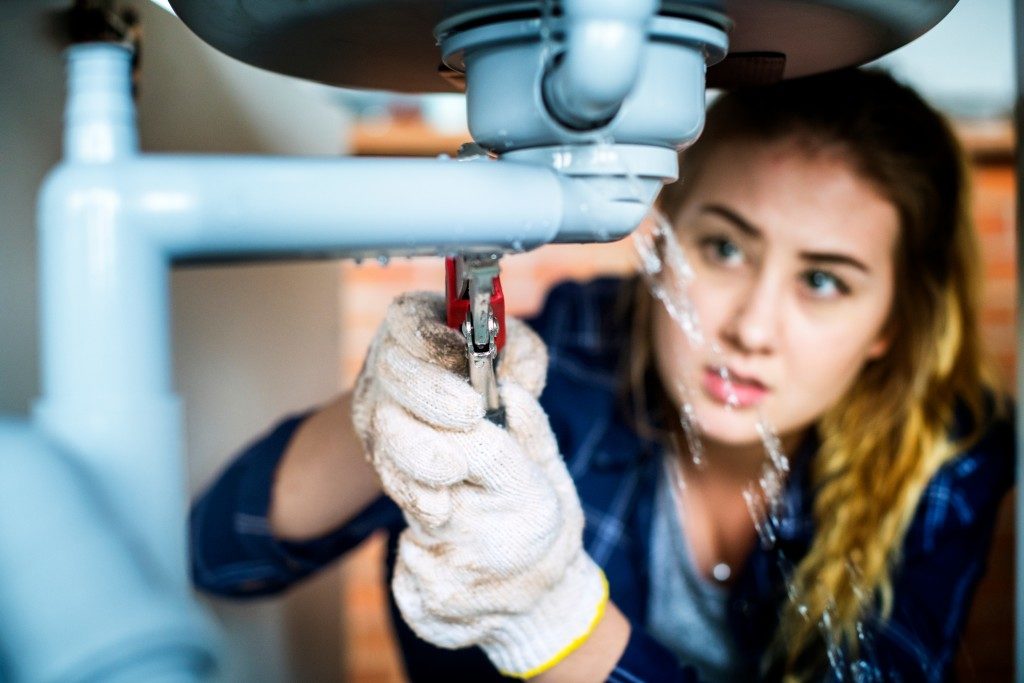What could be the biggest problem—structurally—that can happen to your home or office? Leaky pipes and damaged roof? Hardly. Water damage is the biggest problem for most structures because it affectx not only the exterior of the house but also the interior and your personal possessions—if it happens in your house. In the office, water damage can destroy important documents and files and affect the overall stability of the work process.
When there’s water damage, try to determine the source of the water. It could be your pumps that are being supported by a vacuum priming system. Even if the pumps are working properly, it makes sense for you to shut them off, keeping them safe from possibly being infected by whatever’s in the water. Rainwater carries bacteria, parasites, viruses, and potentially hazardous chemicals.
Protect Yourself and Your Valuables
You cannot save every single thing in your house or your office, so you need to choose which valuables you will evacuate. But first things first, shut off electricity to prevent electrocution accidents and evacuate the occupants of the house or office until authorities say that it is safe to return. Remove any valuable items that you can get your hands on before evacuating. These include gadgets, jewellery, cash, and important documents.
Stop the Leak
The most likely source of water damage is a busted pipe or a hot water tank leak. Shut off the valves to stop the water. You can also take preventive measures such as sandbagging and ditching so that you won’t have to deal with a flooded home or office in the future.

Call Your Insurance
Aside from a water damage restoration company, one of your first calls should be to your insurance company. You have to know what documents you need to prepare to file a claim. Have a claims adjuster document the damage to your home or office. Take photos of the damage yourself and keep them. These will be useful in the future when the insurance company refuses to cover the cost of repairs. Always have your insurance policy in a safe and dry place because you never know when you need to revisit and reexamine the terms of the contract.
Dry Things Out
If you are allowed to reenter and access the area within 24 hours, the first thing you need to do is to dry things out. This will prevent the growth of mould and mildew. Wet furniture and house items such as carpets are harder to dry out. They may even emit a foul odour. Call a restoration company to see what they can do about this. They have industrial driers and cleaners that will make sure that your furniture is sanitised and ready for use again. Use fans and dehumidifiers to keep the moisture out of the air.
Be proactive in addressing water damage issues in your house or office. Make sure that there are precautions and safety measures put in place to prevent this from happening. When it does happen, prioritise your safety, above all. Only when you still have time and if the situation isn’t that dangerous will you try to save items such as those with monetary value and important documents.
